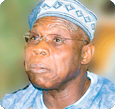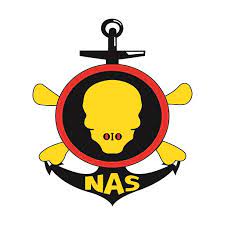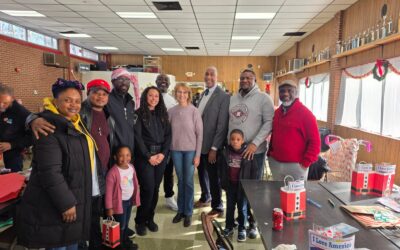Fresh fact has emerged that the administration of former President Olusegun Obasanjo spent $16bn on Nigeria’s epileptic power sector and not $10bn earlier reported by the media.
The Speaker of the House of Representatives, Mr. Oladimeji Bankole, disclosed this in a statement on Wednesday by his Special Adviser on Communications, Mr. Kayode Odunaro.
The statement came just as the Chairman of the House Committee on Power, Mr. Ndudi Elumelu, hinted that Obasanjo may be summoned by the panel to explain how his administration spent the huge sum on a sector without visible result.
Bankole, who spoke when the Corps Marshall of the Federal Road Safety Corps, Mr. Osita Chidoka, visited hin in Abuja on Tuesday, said that the additional $6bn represented extra-budgetary spendings not approved by the National Assembly.
He described the $16bn spending as a colossal waste, and blamed it on “poor budget planning and a lack of proper oversight by relevant bodies.”
The Speaker, who lamented that the country was facing what he called ‘systembreakdown,’ advised the FRSC to articulate a work plan stating inputs and output, to guide the House in its legislative support to the commission.
Bankole said, “Only if we plan like this and monitor output periodically would we be able to prevent a situation where $16bn was spent on power reforms with negative results.”
Chidoka visited the Speaker to seek more financial assistance to the FRSC in the 2008 budget.
Earlier, Chidoka had told the Speaker that about 5,000 lives were lost to road accidents annually in the country.
Also in Abuja on Wednesday, Elumelu said that some top Nigerians, including governors Olusegun Agagu(Ondo); Dr. Liyel Imoke(Cross River); Danjuma Goje(Gombe) and Gabriel Suswam(Benue) had been invited to appear before the committee.
Agagu and Imoke were at different times ministers of power and steel before becoming governors.
A public hearing on how the $16bn was used will commence on February 21, in Abuja.
Elumelu, who spoke ahead of the commencement of the hearing, said the constitutional immunity which the governors enjoyed would not prevent them from appearing before the committee.
According to him, the law does not stop a criminal investigation to be carried out against a governor.
“Going by the decision of the Supreme Court, which is the highest court in the land, this committee will invite serving governors if we deem it necessary in the discharge of our responsibilities,” he added.
The committee, he said, has also invited memoranda from Mallam Adamu Ciroma, Dr. Ngozi Okonjo-Iweala, and Mrs Nenadi Usman, who served as ministers of finance between 1999 and 2007.
All former governors of the Central Bank of Nigeria during the Obasanjo government are also to send memoranda to the committee.
Former secretaries to the Government of the Federation; auditors-general; accountants-general; attorneys-general; state governors; former inspectors-general of police, are also on the list.
The Army, the Air Force, the Navy and past chairmen of the Senate and House committees on power are also on the list of those to send memoranda to the committee.
The panel invited among others, civil society groups; the Manufacturers Association of Nigeria; electrical contractors, chambers of commerce, banks, the Nigerian Bar Association, and aides to former ministers to submit memoranda.
Elumelu noted that Obasanjo was not the target of the investigation which was ordered by the House on January 31.
He explained that the work of the committee was to investigate and tell Nigerians “the truth” about what happened in the power sector.
“This is an investigative assignment, not a judicial exercise; but we can assure Nigerians that nobody, no matter how lowly-placed or how highly-placed, will be spared if we find out that his contribution will assist us in knowing the truth,” the committee chairman added.
He said that it would be improper to begin an investigation of this magnitude by inviting Obasanjo since there were many officers who worked under him and directly supervised the execution of projects in the power sector.
Elumelu said that if the testimonies given by those invited justified inviting the former President, the committee was covered under Sections 88 and 89 of the 1999 Constitution to do so.
By Chiawo Nwankwo and John Ameh, Abuja
The Punch
Thursday, February 7, 2008




